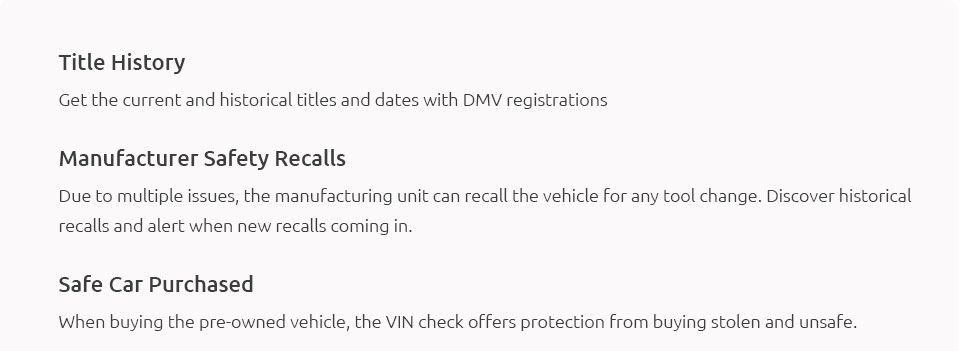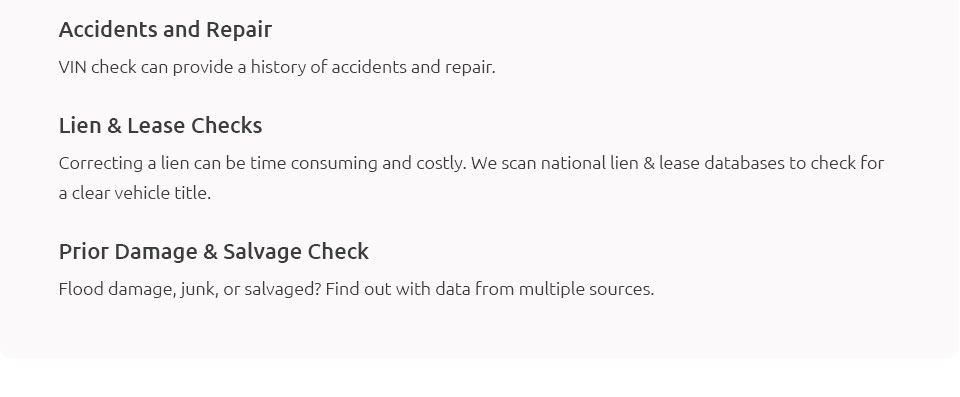 |
 |
 |
 |
 |
||
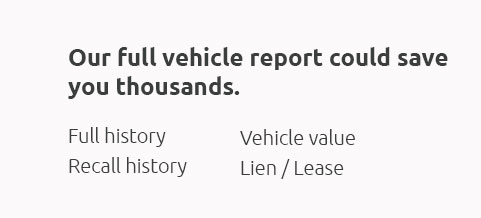 |
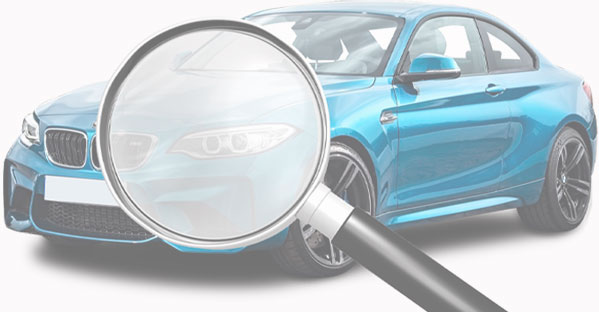 |
|
 |
 |
|
 |
 |
 |
 |
||
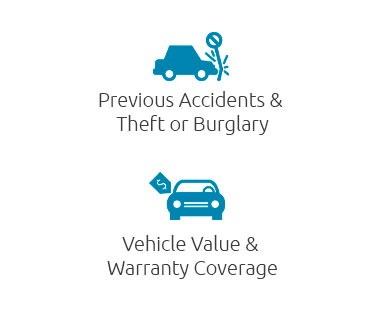 |
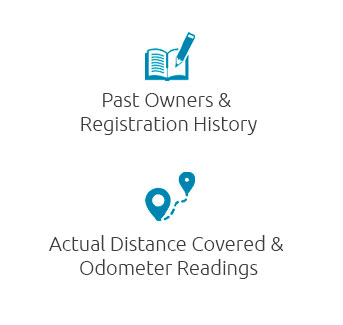 |
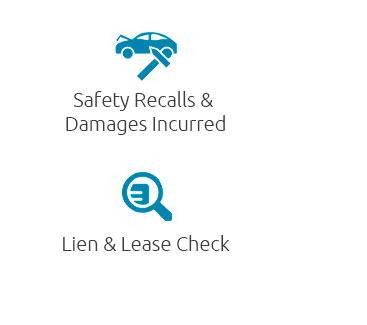 |
 |
 |
 |
||||
|
||||
 |
 |
Exploring the Intricacies of Finding a Vehicle Owner by VIN NumberIn today's digitized world, where information is king and accessibility is the reigning queen, finding a vehicle owner by VIN number has become a topic of interest for many car enthusiasts, potential buyers, and researchers alike. The Vehicle Identification Number, or VIN, serves as a unique fingerprint for automobiles, offering insights into a vehicle's manufacturing details, history, and sometimes even its ownership lineage. The VIN, typically a 17-character alphanumeric code, is a gateway to a plethora of information, but the journey through this gateway isn't always straightforward or devoid of challenges. When discussing the methods to uncover the vehicle owner by VIN number, it's essential to understand the layers of privacy laws and data protection measures that govern such inquiries. One might argue that these layers, while protective of individual privacy, can also obscure transparency and hinder those with legitimate needs to access this information. In the United States, the Driver's Privacy Protection Act (DPPA) regulates the access to personal information held by the Department of Motor Vehicles (DMV), ensuring that personal data is not disclosed to unauthorized individuals. Thus, those seeking to know an owner's identity must often navigate through a web of legal and ethical considerations. Several tools and services have emerged to assist in this endeavor, albeit with varying degrees of success and legality. For instance, platforms like the vin search tool provide a user-friendly interface for decoding VINs and retrieving detailed vehicle history reports. However, it's crucial to note that these reports typically contain data about the vehicle's specifications, accident history, and service records rather than direct ownership details, unless one has lawful authority or consent to access such personal information. One might wonder, why would anyone need to find a vehicle owner by VIN number? The reasons are manifold. Consider a scenario where a potential buyer wishes to verify the authenticity of a seller's claims about a used car's history. A comprehensive VIN check can reveal discrepancies that may indicate odometer fraud or undisclosed accidents. Similarly, law enforcement agencies often rely on VINs to track stolen vehicles, proving the VIN's invaluable role in safeguarding both consumer interests and public safety. Yet, the quest for vehicle ownership information is not without its hurdles. Critics argue that while these searches are useful, they can be misused, potentially leading to privacy invasions. This dichotomy between utility and privacy underscores the ongoing debate over how much access should be granted and to whom. The balance between these two priorities often shapes legislative and technological advancements in this field. For those seeking more targeted searches, resources like ford vehicle search by vin number cater specifically to brand enthusiasts and prospective buyers of Ford vehicles, offering insights tailored to the brand's unique specifications and history. These niche tools reflect the growing demand for specialized data services that cater to particular segments of the automotive market. In conclusion, while the process of identifying a vehicle owner by VIN number is laden with complexities, it also offers a fascinating glimpse into the intersection of technology, privacy, and consumer rights. As the automotive landscape continues to evolve, so too will the mechanisms for accessing vehicle information, always striving to strike the delicate balance between transparency and privacy. Whether you are a curious car buyer, a meticulous researcher, or someone with a keen interest in automotive data, understanding the role of VINs in vehicle identification is both enlightening and empowering, providing a lens through which the past, present, and future of vehicles can be examined. https://www.dmv.virginia.gov/vehicles/nmvtis
... vehicles, increased ability to identify fraudulent use of vehicle identification numbers (VIN) prior to title issuance, and improved investigative abilities. https://cartitles.com/does-the-vin-reveal-the-vehicle-owner/
No, the VIN does not reveal the owner of the vehicle. The name and information regarding the owners of a vehicle are protected by the Driver's Privacy ... https://www.dmv.virginia.gov/records/vehicle-history
vehicle make, year, title number and vehicle identification number. This ...
|

